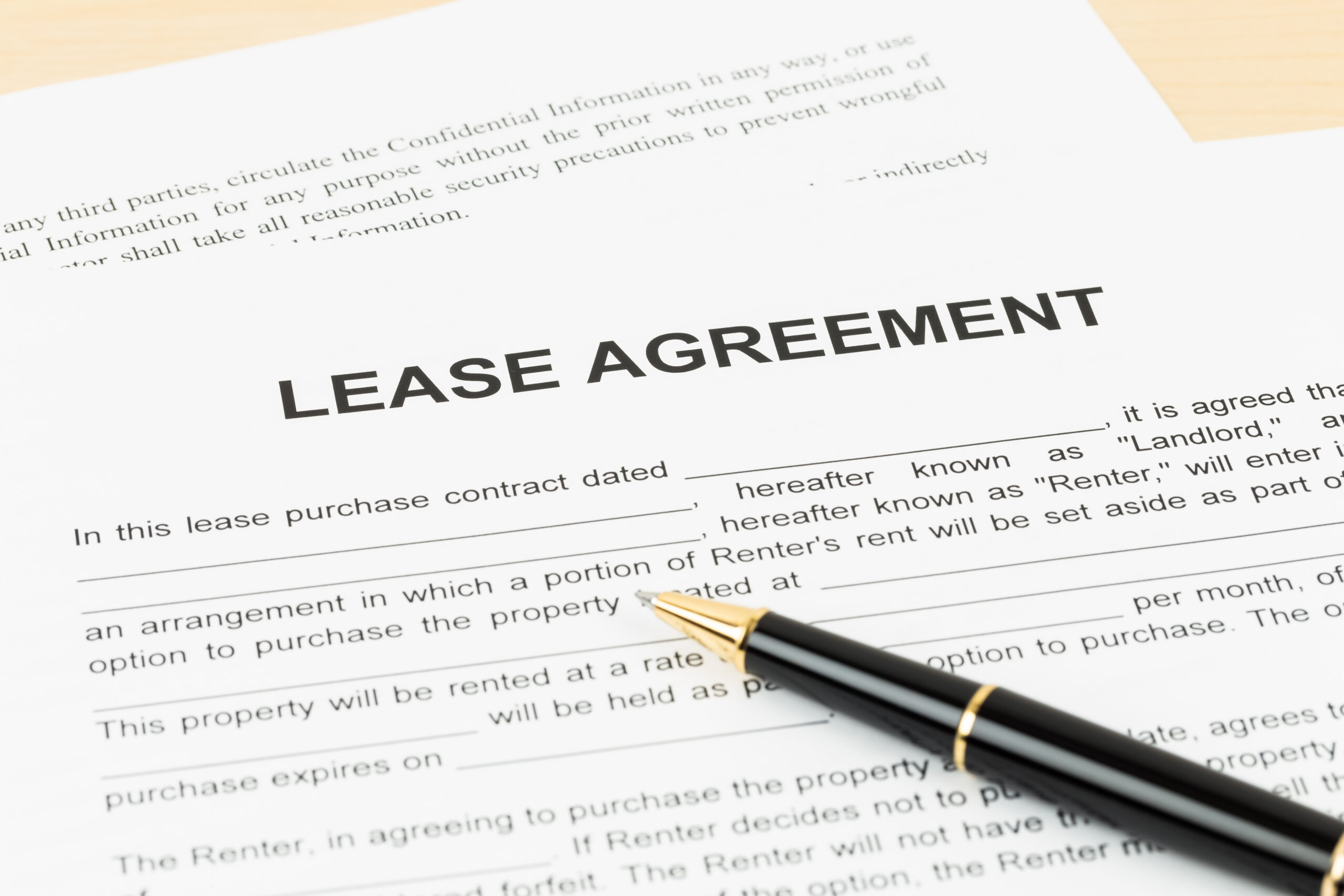Landlords are often faced with a difficult decision when a tenant unexpectedly moves out. These decisions are even more complex as landlords try to navigate Florida law and the terms of the leasing agreement. When a tenant moves out before the agreed upon date, it is crucial to examine the law and the lease to remedy the situation in a lawful manner.
If a landlord has obtained a writ of possession, or if the tenant surrendered or vacated the premises, Section 83.595, Florida Statutes, limits the remedies a landlord can choose to pursue. The terms of the lease may further restrict the available remedies under the law.
Under Section 83.595, a landlord has the choice of four remedies. The landlord may choose to treat the rental agreement as terminated and retake possession of the premises. Under this option, the tenant will have no further liability. Thus, the landlord can no longer continue charging the tenant rent after choosing this option.
The second option a landlord has is retaking possession and reletting the premises, holding the tenant liable for the difference of the rent owed under the lease and the rent the landlord is able to recover from the reletting. It is important to note that if a landlord chooses this option, they have the duty to exercise good faith in attempting to relet the property. This requires the landlord to use at least the same effort to relet as used when he initially rented the property. However, a landlord is not obligated to give preference over other vacant properties that the landlord owns or rents.
The third option may appear to be the easiest route for some landlords. This remedy allows the landlord to do nothing and charge the tenant rent as it becomes due. This option treats the situation as if the tenant is still occupying the property. The landlord is not allowed to retake possession of the property but may still collect rent as if the tenant did not move out. Although this option does not require effort on the landlord’s part, it may become difficult for the landlord to collect the payment.
Finally, a landlord may charge liquidated damages or an early termination fee. This option is only available if the landlord and tenant have stipulated for this remedy in the leasing agreement at the time the agreement was made. This stipulation must be included as a separate addendum to the rental agreement, containing specific wording to indicate that the tenant accepted being charged liquidated damages or an early termination fee if they prematurely move out. Additionally, the landlord may not charge more than two months’ rent. Deviating from the requirements provided by law may eliminate this remedy from the landlord’s choices.
If you are facing landlord/tenant issues, it is important to thoroughly understand Florida law and the lease or seek legal advice from an experienced attorney to ensure full adherence with the legal requirements. An attorney can advise you on the correct action to take while navigating you through the process, as well as protecting your rights as a landlord or tenant. The Rice Law Firm has handled a wide range of landlord/tenant cases for many years. If you would like to consult with an experienced attorney on these issues and other legal matters, please give us a call at 386-257-1222.



